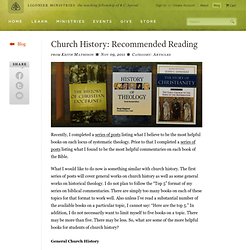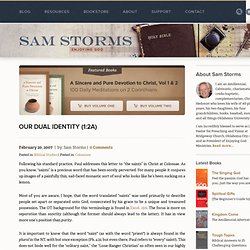

How to Write a Good Sympathy Card. Since my mother’s death, two years ago this past Saturday, I have radically altered the way I write in sympathy cards.

I now know more fully the pain that death brings into our lives and, having received so many impacting words of comfort from others, am convinced I will never write in a card the same way I did before. A couple weeks ago, while putting up her decorations, my wife found dozens of sympathy cards mixed up in a box of old Christmas cards. She separated them out for me and placed them on my dresser. Yesterday afternoon, following my usual Sunday nap in the recliner, I read through them and the careful, loving words of others again ministered to my heart and mind. As I read them over, four words came to mind. PERMISSION: Give them permission to grieve or be shocked. HONESTY: If you don’t know what to say then admit it. If we knew what to say, we would not know how to say it. EMPATHY: Show them you understand without actually saying, “I understand what you are going through.”
Moore to the Point. Ligonier. Recently, I completed a series of posts listing what I believe to be the most helpful books on each locus of systematic theology.

Prior to that I completed a series of posts listing what I found to be the most helpful commentaries on each book of the Bible. What I would like to do now is something similar with church history. The first series of posts will cover general works on church history as well as some general works on historical theology. I do not plan to follow the “Top 5” format of my series on biblical commentaries. There are simply too many books on each of these topics for that format to work well. General Church History Cross, F.L.
Gonzales, Justo. Houghton, S.M. Kuiper, B.K. Latourette, Kenneth Scott. Needham, N.R. 2000 Years of Christ’s Power (3 volumes). Schaff, Philip. Shelley, Bruce L. Tucker, Ruth A. If I were to recommend only one of these titles, I would suggest Needham’s set. Historical Theology Allison, Gregg R. Berkhof, Louis. Brown, Harold O. Home. Classic Articles and Resources of the Historic Christian Faith. Enjoying God Ministries. Following his standard practice, Paul addresses this letter to “the saints” in Christ at Colossae.

As you know, “saints” is a precious word that has been sorely perverted. For many people it conjures up images of a painfully thin, sad-faced monastic sort of soul who looks like he’s been sucking on a lemon. Most of you are aware, I hope, that the word translated “saints” was used primarily to describe people set apart or separated unto God, consecrated by his grace to be a unique and treasured possession. The OT background for this terminology is found in Exod. 19:6. The focus is more on separation than sanctity (although the former should always lead to the latter). It is important to know that the word "saint" (as with the word "priest") is always found in the plural in the NT, with but once exception (Ph. 4:21; but even there, Paul refers to "every" saint!). But what most intrigues me about Paul’s description of these believers is that they are both “in Christ” and “at Colossae.” Sam. Current Issue- Credo Magazine.